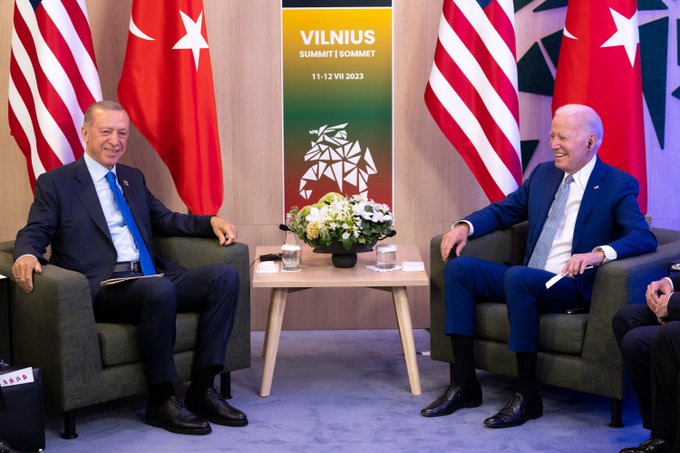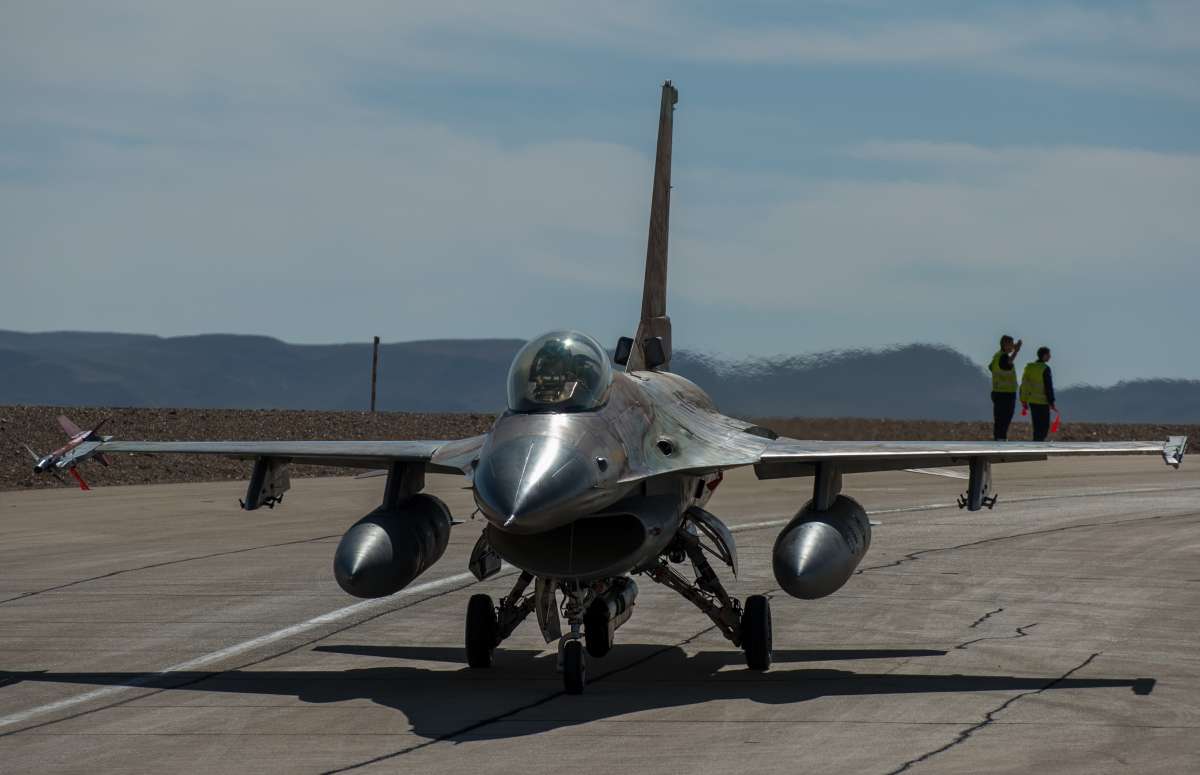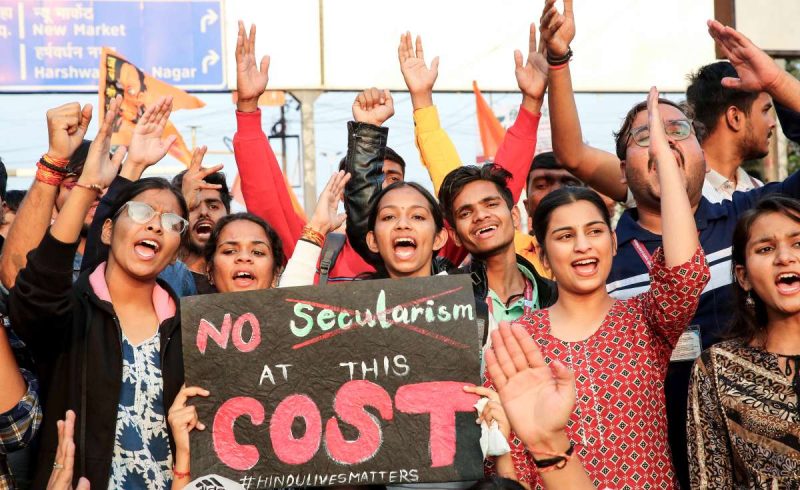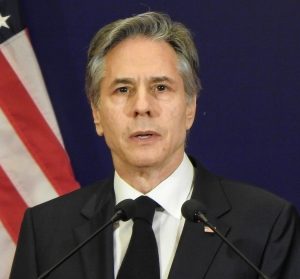The war in Ukraine has brought members of the US-led alliance closer than at any time since the Cold War…reports Asian Lite News
The presence of four Asia-Pacific leaders at the NATO summit this week suggests that Ukraine is not the only major security issue on the agenda of the European-North American defense alliance.
The war in Ukraine has brought members of the US-led alliance closer than at any time since the Cold War, and on Monday NATO Secretary General Jens Stoltenberg summed up their collective concerns that what is happening in Ukraine today could occur in Asia tomorrow.
“The Chinese government’s increasingly coercive behavior abroad and repressive policies at home challenge NATO’s security, values, and interests,” Stoltenberg wrote on the Foreign Affairs website.
Autocratic nations, including China, were looking at Russia’s actions in Ukraine, and weighing the costs and benefits of offensive action, he said.
On Tuesday the US-led alliance underscored these concerns, making several references to China in a strongly worded communique issued midway into the two-day summit, in which it said Beijing’s stated ambitions posed “systemic challenges” to “Euro-Atlantic security.”
While noting the alliance remained “open to constructive engagement” with China, it singled out what it said was the “deepening strategic partnership” between Beijing and Moscow and their “mutually reinforcing attempts to undercut the rules-based international order.”
And in language that closely mirrored Stoltenberg’s earlier remarks, the leaders’ communique condemned China’s confrontational rhetoric and disinformation.
China employs a “broad range of political, economic, and military tools to increase its global footprint and project power, while remaining opaque about its strategy, intentions and military build-up,” noted the communique, which called on Beijing “to abstain from supporting Russia’s war effort in any way.”
While neither Stoltenberg nor the joint communique named the island of Taiwan, the self-governing democracy is the most obvious point of comparison with recent events in Europe, given China’s ruling Communist Party remains committed to unifying it with the mainland – by force if necessary.
“When I visited Japan and South Korea at the start of this year, their leaders were clearly concerned that what is happening in Europe today could happen in Asia tomorrow,” Stoltenberg said Monday.
For its part, China says Taiwan is an internal matter and it sees no role for countries in the region, let alone NATO members, to be interfering.
“We will not allow anyone or any force to meddle in China’s own affairs under the disguise of seeking peace,” Foreign Ministry spokesperson Wang Wenbin said at a regular press briefing in May.
Taiwan’s Defense Ministry noted high numbers of Chinese military aircraft in the skies around the island on Wednesday after the NATO communique was issued.
In the hours after 7 a.m. local time, it said 30 People’s Liberation Army aircraft were detected, including 23 that either crossed the median line of the Taiwan Strait or entered the southeastern and southwestern sections of its air defense identification zone.
That activity followed 32 Chinese warplanes making similar flights as of 6 a.m. local time.
The highest number of Chinese planes Taiwan has noted crossing the median line was 56 in October 2021.
The Asia-Pacific contingent at the NATO talks includes Japanese Prime Minister Fumio Kishida, South Korean President Yoon Suk Yeol, Australian Prime Minister Anthony Albanese and New Zealand Prime Minister Chris Hipkins.
All four nations have expressed views that what has happened in Ukraine cannot happen in the Pacific. Japanese Prime Minister Fumio Kishida waves before departing on a government plane on July 11, 2023, for the NATO summit.
Mirna Galic, senior policy analyst at the US Institute of Peace, said the presence of the four Pacific leaders in Vilnius, Lithuania, “is a testament to … [NATO’s] interest in the Indo-Pacific and the focus on the challenges that China poses for the alliance.”
On that point, Stoltenberg looks to be in lockstep with US President Joe Biden, with the two pledging to strengthen NATO ties to the Pacific when they met at the White House last month.
And the leaders of the four Pacific nations also seem to be striving for a united approach.
Kim Sun-hye, senior secretary to the South Korean President, said Yoon will preside over a side meeting of four Pacific countries to strengthen common awareness, solidarity, and cooperation on emerging security threats.
There may be a push for greater involvement from Asia-Pacific leaders in the alliance, but there’s no consensus on the role NATO should take in the Pacific.













